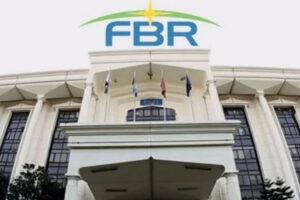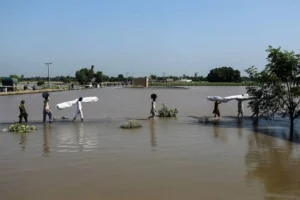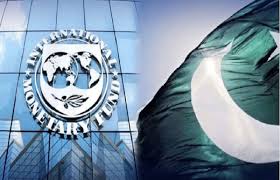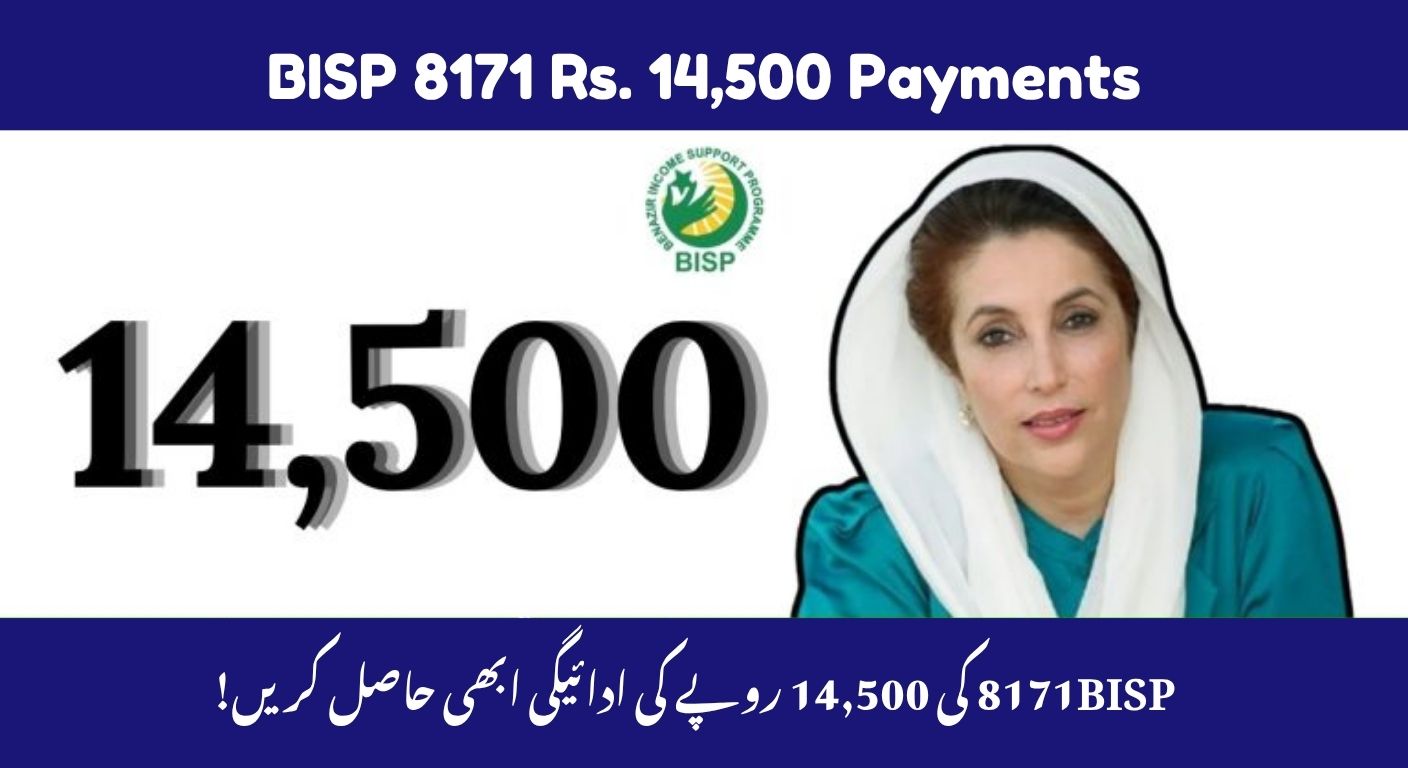Pakistan has taken another significant step toward stabilizing its fragile economy by fulfilling a key IMF condition Pakistan agreed to under the ongoing loan program. Notably, this development comes as part of the Extended Fund Facility (EFF) agreement, aimed at helping the country address its balance of payments crisis and strengthen its financial stability.
As a result, the move is expected to pave the way for the release of the next tranche of funds from the International Monetary Fund, thereby offering much-needed relief to Pakistan’s strained foreign exchange reserves.
Background of Pakistan’s IMF Program
Pakistan’s relationship with the IMF has been long and complex, spanning multiple loan programs over the decades. In particular, the most recent arrangement, under the EFF, was signed to address macroeconomic imbalances, rising inflation, and fiscal deficits.
Consequently, under this agreement, Pakistan committed to implementing a series of reforms and policy measures to ensure financial discipline, improve governance, and encourage sustainable growth. These commitments are known as IMF conditions, and they often involve politically sensitive decisions.
What is the Latest Fulfilled Condition?
According to official sources, the latest IMF condition Pakistan has met relates to broadening the tax base and increasing government revenues. The government has successfully implemented a new set of taxation measures, including:
-
Expanding the sales tax net to previously untaxed sectors
-
Removing certain tax exemptions and subsidies
-
Strengthening the Federal Board of Revenue (FBR) enforcement mechanisms
-
Introducing digital tax filing and monitoring systems to reduce evasion
These steps are designed to increase Pakistan’s revenue to GDP ratio, a key metric the IMF monitors to ensure fiscal sustainability.
Why This Condition Matters
Meeting this IMF condition Pakistan is not just a bureaucratic formality, it is crucial for economic stability. By improving tax collection, the government can:
-
Reduce dependence on foreign borrowing
-
Allocate more funds toward development projects
-
Strengthen the fiscal position and improve investor confidence
-
Lower the budget deficit over the medium term
Without fulfilling these conditions, IMF funding could be delayed or withheld, which would put additional pressure on Pakistan’s foreign reserves and currency stability.
Government’s Commitment to the IMF Program
Finance Ministry officials have reiterated that the government is fully committed to meeting all agreed conditions under the IMF program. The finance minister, in a recent press briefing, stated:
“We are determined to carry out the necessary reforms, no matter how difficult they may be. Meeting the IMF condition Pakistan agreed to is essential for ensuring the country’s economic recovery and securing further international support.”
Impact on the Economy
Fulfilling this condition is expected to have both immediate and long-term impacts:
Short-term effects:
-
Boosted investor confidence due to IMF’s acknowledgment of compliance
-
Likely release of the next loan tranche, improving forex reserves
-
Stabilization of the Pakistani rupee against major currencies
Long-term effects:
-
Stronger fiscal position through increased domestic revenue
-
Gradual reduction in fiscal deficit
-
Greater credibility with other international lenders and credit rating agencies
Challenges in Meeting IMF Conditions
While Pakistan’s compliance is a positive step, it has not been without challenges. Implementing IMF mandated reforms often involves politically unpopular measures, such as:
-
Increasing electricity and gas tariffs to reduce subsidies
-
Imposing or raising taxes on certain goods and services
-
Cutting government spending on non priority projects
These measures can lead to short term economic pain for citizens, including higher living costs, but are deemed necessary for long term stability.
Public Reaction to the Reforms
Public opinion on fulfilling the IMF condition Pakistan has been mixed. While some analysts and business leaders welcome the reforms as necessary for stability, many citizens express concern over the rising cost of living.
A shopkeeper in Lahore said:
“We understand the country needs IMF support, but the constant increase in prices makes life harder for ordinary people.”
Expert Opinions
Economists stress that while meeting IMF conditions is critical, the government must balance fiscal reforms with measures to protect vulnerable segments of society. Dr. Sara Khan, a senior economist, noted:
“Fulfilling the IMF condition Pakistan agreed to is essential for restoring economic credibility. However, targeted subsidies and social protection programs should be strengthened to prevent a surge in poverty rates.”
Next Steps in the IMF Program
Now that this condition has been met, the IMF will conduct a formal review before releasing the next installment of funds. This review will also assess progress on other commitments, such as:
-
Energy sector reforms
-
State-owned enterprise restructuring
-
Anti-corruption measures
-
Monetary policy adjustments to control inflation
Successful completion of these steps will be vital for keeping the program on track and securing continued financial assistance.
Potential Risks if Conditions are Not Met
Failure to comply with the IMF program could have serious consequences, including:
-
Delays in funding, leading to further depletion of foreign reserves
-
Increased borrowing costs in international markets
-
Potential downgrades by credit rating agencies
-
Loss of confidence from other development partners
Given these risks, fulfilling every IMF condition Pakistan has agreed to remains a top priority for the government.
The Bigger Picture
While IMF assistance provides temporary relief, experts emphasize the need for Pakistan to implement long-term structural reforms to reduce reliance on external loans. These include:
-
Improving export competitiveness
-
Encouraging foreign direct investment
-
Reforming the energy sector for efficiency and sustainability
-
Enhancing governance and reducing corruption
Only by addressing these deeper issues can Pakistan hope to achieve sustained economic stability and growth.
Conclusion
The fulfillment of another IMF condition Pakistan committed to marks a positive step in the country’s economic journey. While challenges remain, the government’s willingness to implement difficult reforms shows determination to stabilize the economy and rebuild credibility on the global stage.
The release of the next IMF tranche will offer short term relief, but the ultimate goal must be long term self reliance achieved through structural reforms, diversified exports, and improved fiscal discipline.
For now, meeting this condition is a welcome sign that Pakistan is moving in the right direction, even if the path ahead remains challenging.

















